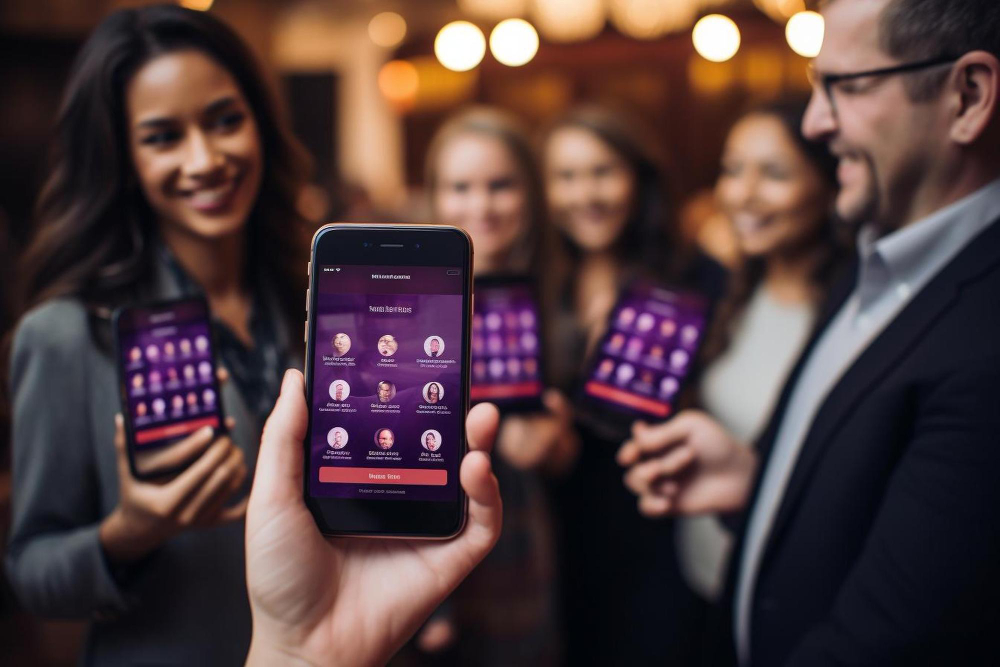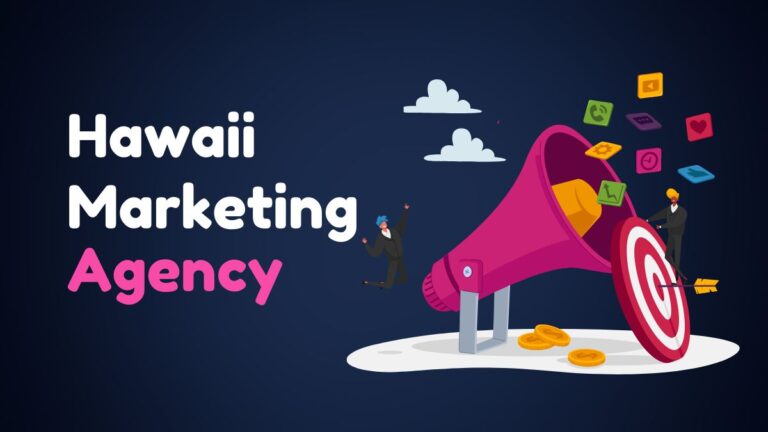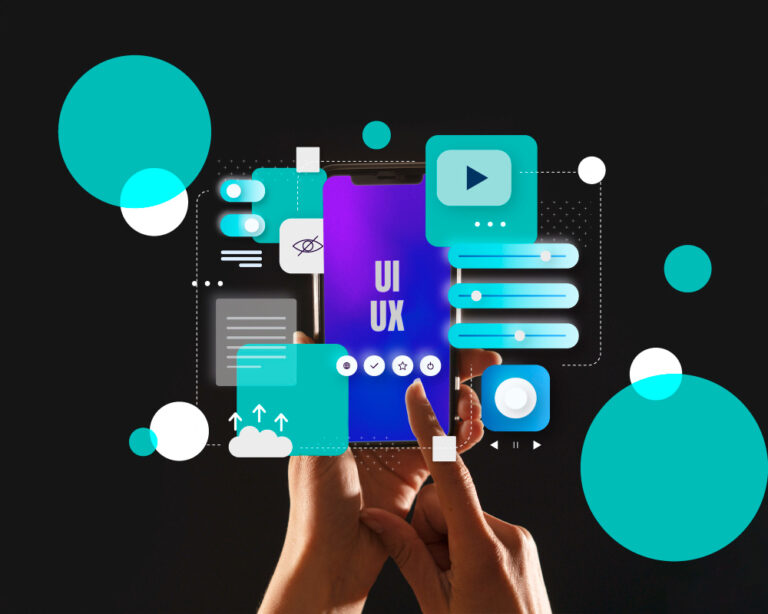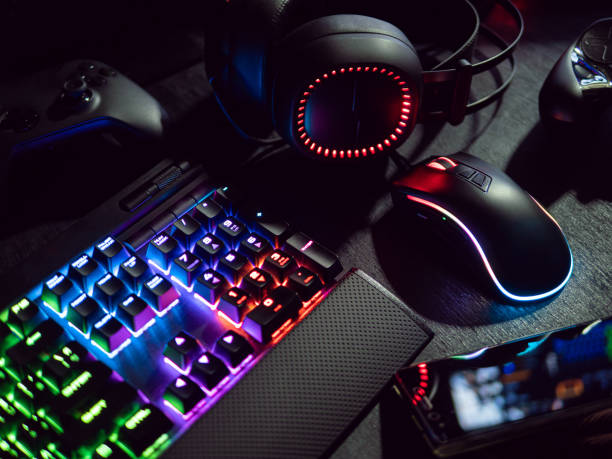A mobile app has become a must rather than a luxury for conferences in today’s tech-driven society. A well-thought-out software may make the difference between a disorganized, confused event and a smooth, interesting one for participants. But where do you even start with so many features at your disposal? With the help of this guide, event planners like you will have the tools necessary to develop a mobile event app that drives a successful conference.
1. The Essential Information Hub:
At the heart of your app lies the core information that attendees crave. This includes:
-
Comprehensive Schedule: Present the conference schedule in a clear, user-friendly format. Allow attendees to easily filter sessions by date, track, speaker, or keyword.
-
Detailed Session Descriptions: Don’t just list titles! Provide enticing descriptions with key takeaways, speaker bios, and links to relevant resources.
-
Speaker Profiles: Showcase speaker expertise with bios, photos, and links to their websites or social media.
-
Venue Maps and Directions: Make navigating the venue a breeze with interactive maps, key location highlights, and even accessibility features.
-
Exhibitor Directory: List exhibitors with descriptions, booth numbers, and links to their websites. Consider allowing attendees to “favourite” exhibitors they want to visit.
2. Personalized Experience:
There shouldn’t be a one-size-fits-all conferencing app. Give guests the option to personalize their experience:
-
My Schedule Builder: Make it simple for participants to add meetings to their calendars and get alerts before they begin. By choosing their areas of interest, participants may customize their feed and make sure they only receive sessions and information that are most relevant to them. This is known as interest filtering.
-
Notes and Bookmarks: Make sure that participants have a place to jot down notes during sessions, bookmark presentations, and store speaker biographies for future use.
3. Fostering Connections:
The main goal of conferences is to foster partnerships. Your app ought to make networking easier:
-
Attendee Directory (Optional): If permission is given, provide a searchable directory including attendee profiles. Permit participants to chat and connect using the app.
-
Discussion Forums: Establish special discussion boards for particular subjects or sessions so that participants may share thoughts and carry on the dialogue after the presentation.
-
Private Messaging: Encourage pre-event introductions or follow-ups after the conference by providing guests with the ability to communicate privately with speakers, exhibitors, and even other attendees.
-
1:1 Meeting Scheduler: To make it simple for participants to set up in-person meetings or virtual calls during the conference, think about using a scheduling tool.
4. Engagement and Interaction:
A great conference app keeps attendees engaged throughout the event:
-
Live Q&A: With live Q&A capabilities, you may allow audience involvement in real-time throughout sessions. Let users ask questions via the app, and speakers should respond to them immediately.
-
Polls and Surveys: Use live polls and surveys during presentations to get insightful feedback and start conversations. Permit participants to freely express their thoughts and respond to queries.
-
Live Streaming (Optional): To enable remote participants to engage in real-time during hybrid or virtual conferences, think about incorporating live streaming technology.
-
Gamification (Optional): Add a touch of fun with gamification elements. Award points for attending sessions, participating in polls, or completing challenges. Offer rewards like badges or exclusive content to boost engagement.
5. Keeping Attendees Informed:
Communication is key to a smooth-running conference. Use your app to keep attendees updated:
-
Push Notifications: Send timely push notifications with important updates, schedule changes, or last-minute announcements.
-
Event News Feed: Maintain a dynamic news feed within the app to share event updates, announcements, photos, and social media posts.
-
Event Alerts: Allow attendees to opt-in for specific alerts, like session reminders, speaker updates, or exhibitor promotions.
6. Event Analytics and Feedback:
An excellent mobile event app offers useful information for upcoming events in addition to improving the attendance experience. Make use of analytics tools to:
-
Monitor User Engagement: Find out which sessions were the most well-liked, what features were most often utilized, and where participants were spending their time.
-
Collect Feedback: Use surveys or feedback forms in the app to learn what attendees thought of the speakers, the event, and their overall experience.
-
Create Reports: Utilize the information gathered to create reports that will assist you in improving the arrangements and services you offer for future conferences.
Beyond the Features: User Experience is King
While features are crucial, don’t forget about user experience (UX). Ensure your app is
-
Intuitive and Easy to Navigate: The app should be user-friendly and easy to navigate, even for attendees who aren’t particularly tech-savvy. A clean interface, clear menus, and intuitive search functions are essential.
-
Push Notification Opt-in: Respect attendee’s privacy by allowing them to opt-in to receive push notifications. Nobody wants to be bombarded with messages!
-
Multilingual Support (Optional): For international conferences, consider offering multilingual support for the app interface and content.
Leveraging Your App for Pre-Event Hype and Post-Event Follow-up
An excellent application is useful for more than just the conference. Here are some tips for making the most of it both before and after the event:
-
Pre-Event Nervousness: Use pre-conference communications and marketing materials to encourage people to download the app. Add instructional movies or explanation videos that highlight its features and advantages. To create excitement, let guests peruse the speakers, itinerary, and venue details in advance of the event.
-
Post-Event Engagement: Make sure the relationship continues even after the meeting. Share speaker presentations, pictures, and post-event materials with others via the app. Permit participants to carry on conversations via message boards or other messaging services, creating a long-lasting virtual community.
Conclusion: Your App – A Powerful Tool for a Successful Conference
Investing in a well-designed mobile app can be a game-changer for your conference. By incorporating the must-have features discussed above and prioritizing user experience, you can empower attendees, facilitate networking, and gather valuable data. Remember, your app is a powerful tool to enhance the overall conference experience and ensure a successful event for everyone involved.












